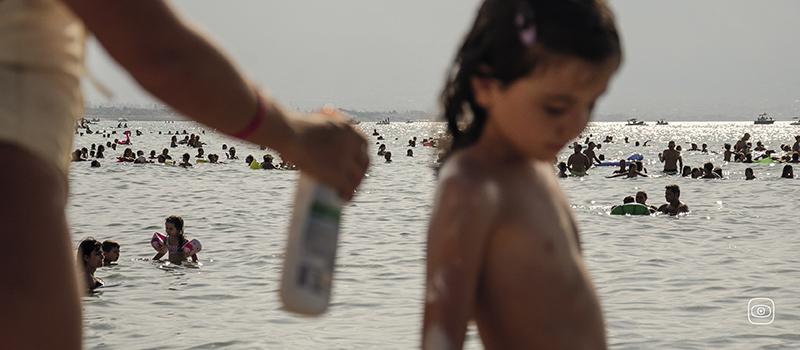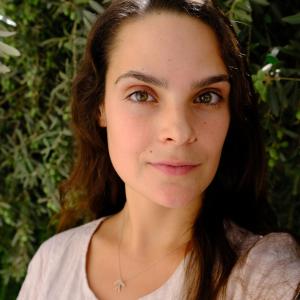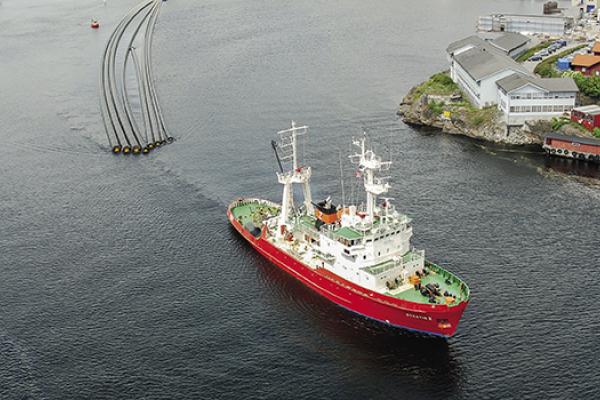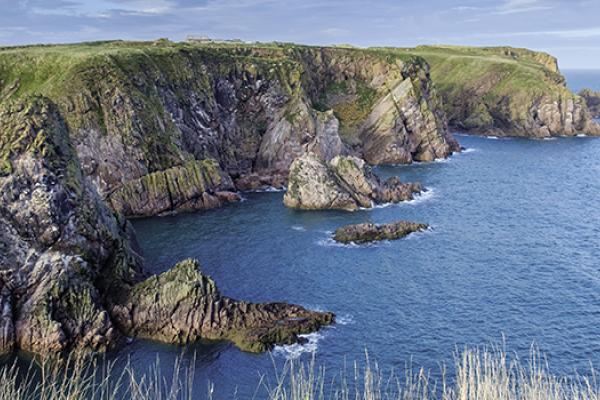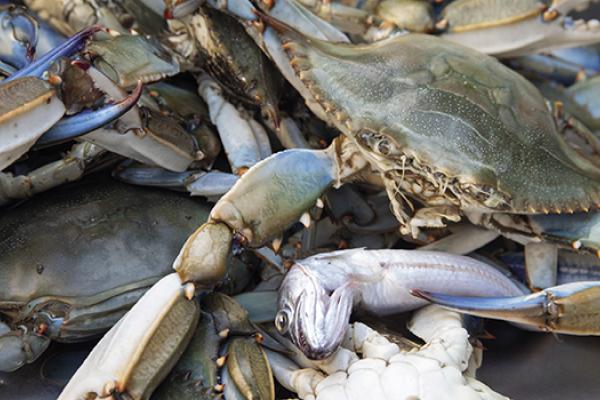It is estimated that around 20,000 tonnes of sunscreen enter Mediterranean waters each year. While both tourists and locals alike exacerbate the phenomenon year after year by simply using sunscreen while bathing in the ocean, awareness of the gradual but irreversible negative environmental impact sunscreen’s ingredients can have — from bleaching coral reefs to causing cell mutations in turtles and sea urchins and turtles — is largely absent from the general social consciousness. “We don’t address this problem and we don't have any information on the effects of sunscreen on marine biodiversity”, stated a spokesperson from Greenpeace Italy.
In both in Spain and in Italy, only the scientific community has paid significant attention to the issue. To subside emerging concerns about sunscreen’s harmful effects on marine ecosystems, some sunscreen manufacturers have labelled their products as “reef safe” or “reef friendly”, but extensive scientific experiments sponsored by the National Biodiversity Future Centre in Palermo, Sicily, have shown that a significant number of such marketed sunscreens contain endocrine disruptors that inhibit healthy cell reproduction.
While many of the social and environmental pressures unleashed by mass tourism during the high season – intensive consumption, spikes in rental prices and housing costs, high volumes of waste and — the damaging effects of sunscreen are one of the few negative impacts that operate all year round.
For this investigation, two investigative journalists carried out exhaustive research into the issue of sunscreen pollution, not only in the areas of Mar Menor and the Amalfi Coast but accross Spain, Italy and in the Mediterranean in general, mapping out the various scientific studies and findings on the subject. They then conducted ont-the-ground reporting, combined with interviews and testimonies from local and regional stakeholders, including activists and NGOs. Finally, they systematised their findings to produce the final investigation.
On the right: photograph by Roberto Boccaccino
